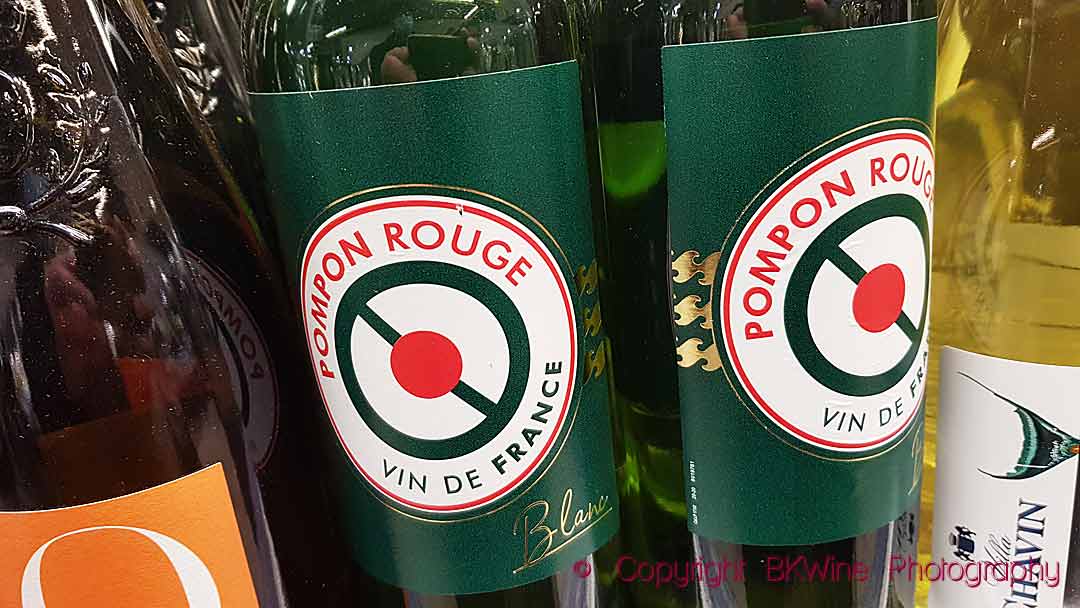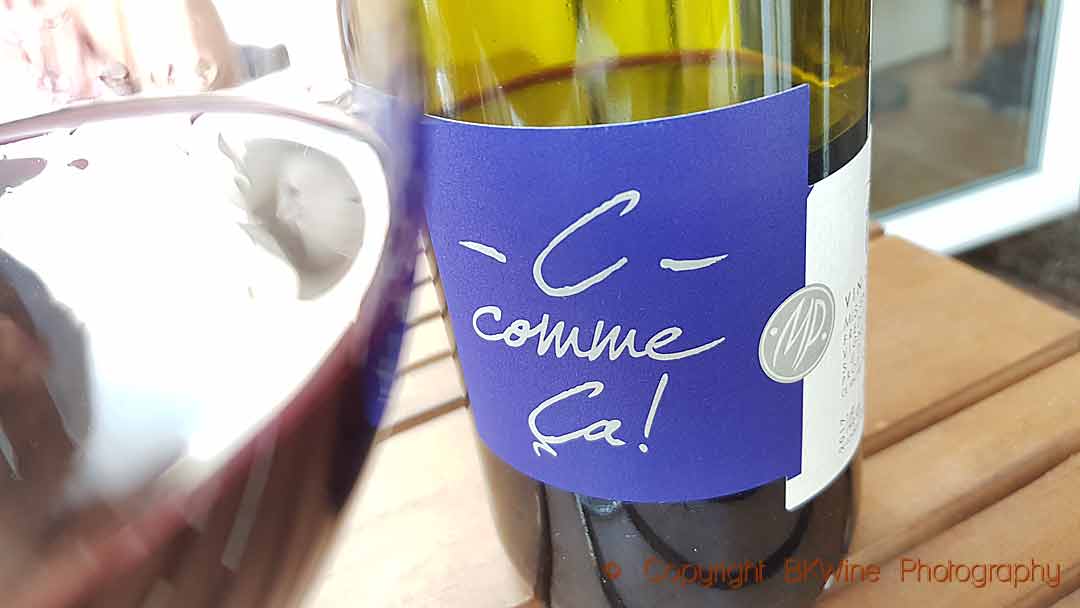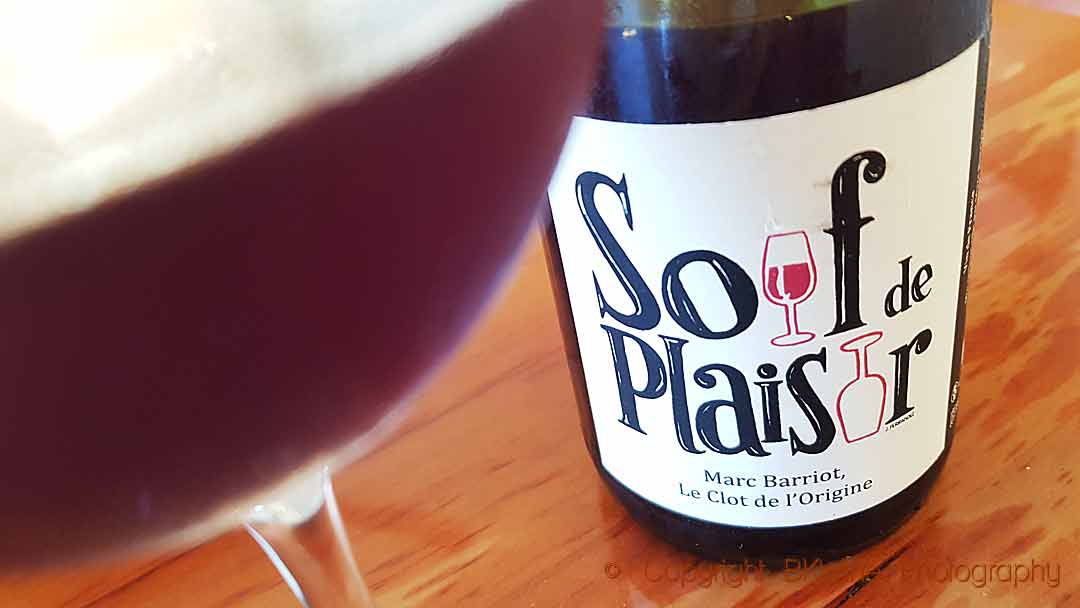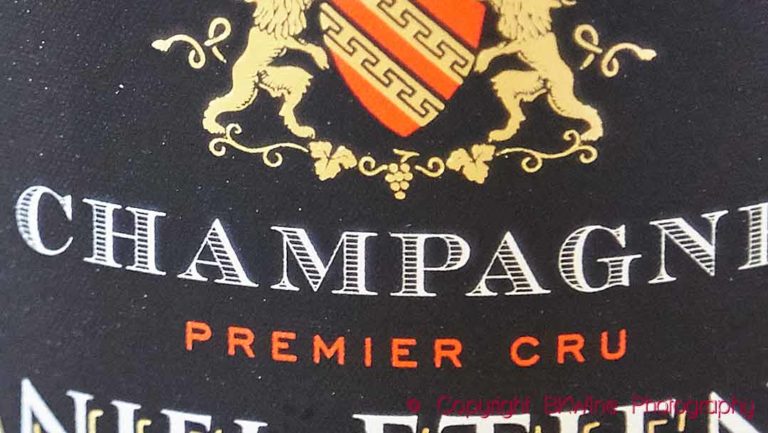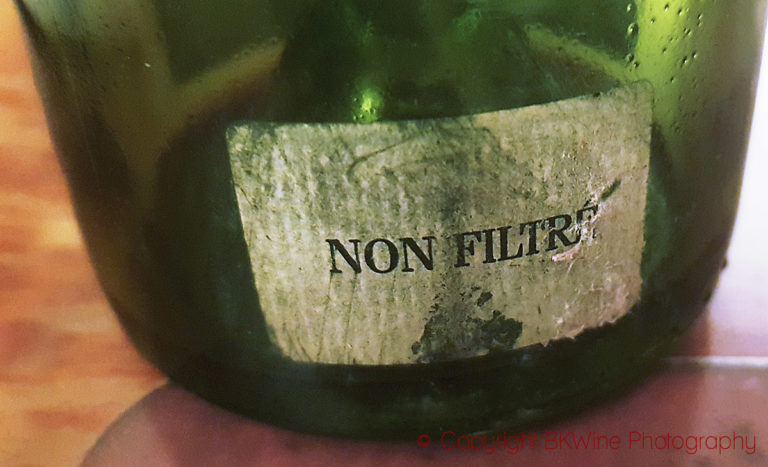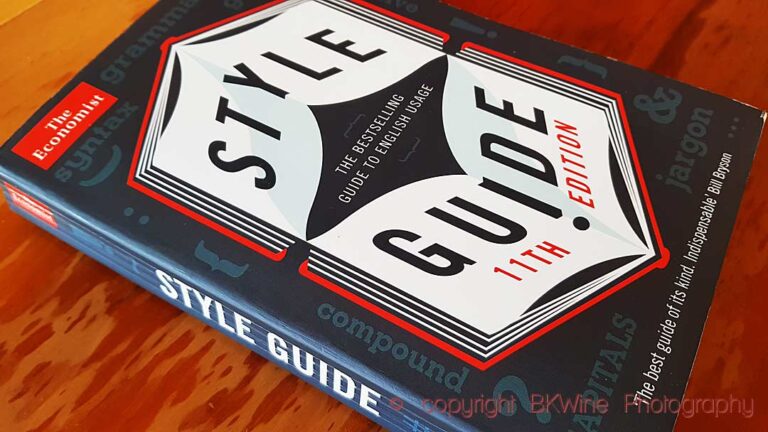
Two months of wine tours to different European countries have given us many opportunities to talk about the laws and regulations in various wine regions.
I met a wine grower in the Loire Valley in early September who was fed up with the French appellation system. He didn’t say it was like a straitjacket, but it felt like he meant something like that. He said he was jealous of winegrower friends in the US who do as they please, grow whatever grapes they want and so on. He would be bored if he only had one grape to work with, he said. Within his appellation, he only has one permitted grape, but he also has vineyards outside the appellation where he can be creative with other grape varieties.
The strict appellation laws in France can be debated endlessly. Do we need them? The New World countries have adopted a small part of the French system, namely to geographically demarcate certain areas and give them a designation of origin. The US has over 250 AVAs (American viticultural areas). But they haven’t introduced rules for which grapes can be used or other restrictions.
In France, the appellation laws are there to protect the reputation of the wine regions. “Without laws,” said Joseph Capus, one of the initiators of the appellation system introduced in 1935, “a producer can use simple hybrids and make a bad wine in large quantities, thereby undermining the reputation of the region.”
Most winegrowers today would probably agree with that statement. We mustn’t forget that it is mainly the winegrowers themselves who define how the rules are designed, not a white-collar Parisian bureaucrat sitting in a comfortable office. It was also wine growers’ riots in protest against “adulterated wines” (e.g. made from grapes coming from other regions), which were one of the driving forces for the creation of the appellation system.
For the French, Italians, Spaniards (and others in Europe) who do not want to follow the rules, there is always the option of going outside the rules and making IGP or “vin de france” (with equivalents in the other countries). It is becoming more and more common. Often, though, they hesitate because while they don’t want to follow the rules, they still want to enjoy the benefits of its good reputation (there we have it again) of the traditional appellation. Eating the cake and still having it… Putting an appellation name on the label often guarantees a slightly higher price for the wine.
But it must be remembered that an appellation is no guarantee of quality. It’s not really about quality but above all, it guarantees a geographical origin and a certain tradition (however, read the article on “prosecco” for a perspective on tradition).
For a consumer, it’s important to remember that it is better to trust the name of a producer who is known to be good, even if it just says “vin de france” on the label, rather than to believe that a wine is good just because it comes from an appellation with a famous name. Wine is about people, not glossy brands.
And now even the despised hybrids – long banned in Europe – are starting to become accepted, at least if they are fungus resistant.
Travel in winter
First of all: If you want to come on our exceptional wine tour to New Zealand in March, now is the time to book. The last date for booking the wine tour to New Zealand is November 15.
Some of our most exceptional wine tours are during the winter. They are filled with very special experiences. In summer weather in the southern hemisphere!
Travel in harvest time
You have three fantastic long-distance tours to choose from:
- Chile-Argentina in January – very few places left
- South Africa in February – book now!
- New Zealand in March – book now, don’t wait!
These are tours with unique and magnificent experiences.
And you can already start planning for wine tours next harvest season:
- Champagne, September 27 – October 1
- Champagne and Bordeaux, September 27 – October 5
- Bordeaux, October 1-5
More info on our wine tours here. “World’s Top Wine Tours”. Tours with the people who know wine and who have an unrivalled experience of wine and tours.
Enjoy the Brief!
Britt & Per
If you appreciate what we do, you can help us: Tell your friends about the Brief or send it to them.
Like us and follow us on social media:
BKWine Magazine on Facebook | Wine Tours on Facebook
Twitter | Instagram | Linkedin | YouTube
This is just the introduction to the latest issue of the Brief. Subscribe to the BKWine Brief and you will get the whole edition in your mailbox next month.
What’s on at BKWine Tours
BKWine is also one of the world’s leading wine tour operators. Here’s what we currently have on our scheduled wine tour program:
- Chile-Argentina, January 16-29 – BOOK NOW
- South Africa, February 8-18 – BOOK NOW
- New Zealand, March 15-30 – BOOK NOW
–
- Champagne, September 27 – October 1
- Bordeaux and Champagne, Sept 27 – Oct 5
- Bordeaux, October 1-5
We also make custom designed wine tours.
We’re different than most other wine tour operators. We are people who know wine inside out, who travel constantly in wine regions, who write award winning books about wine. Who do this out of passion. Our tours are different from others. More in wine tours: BKWineTours.com.


